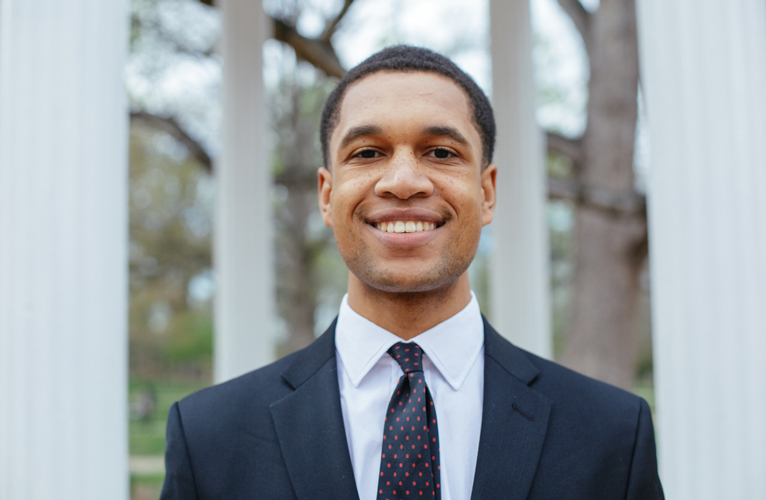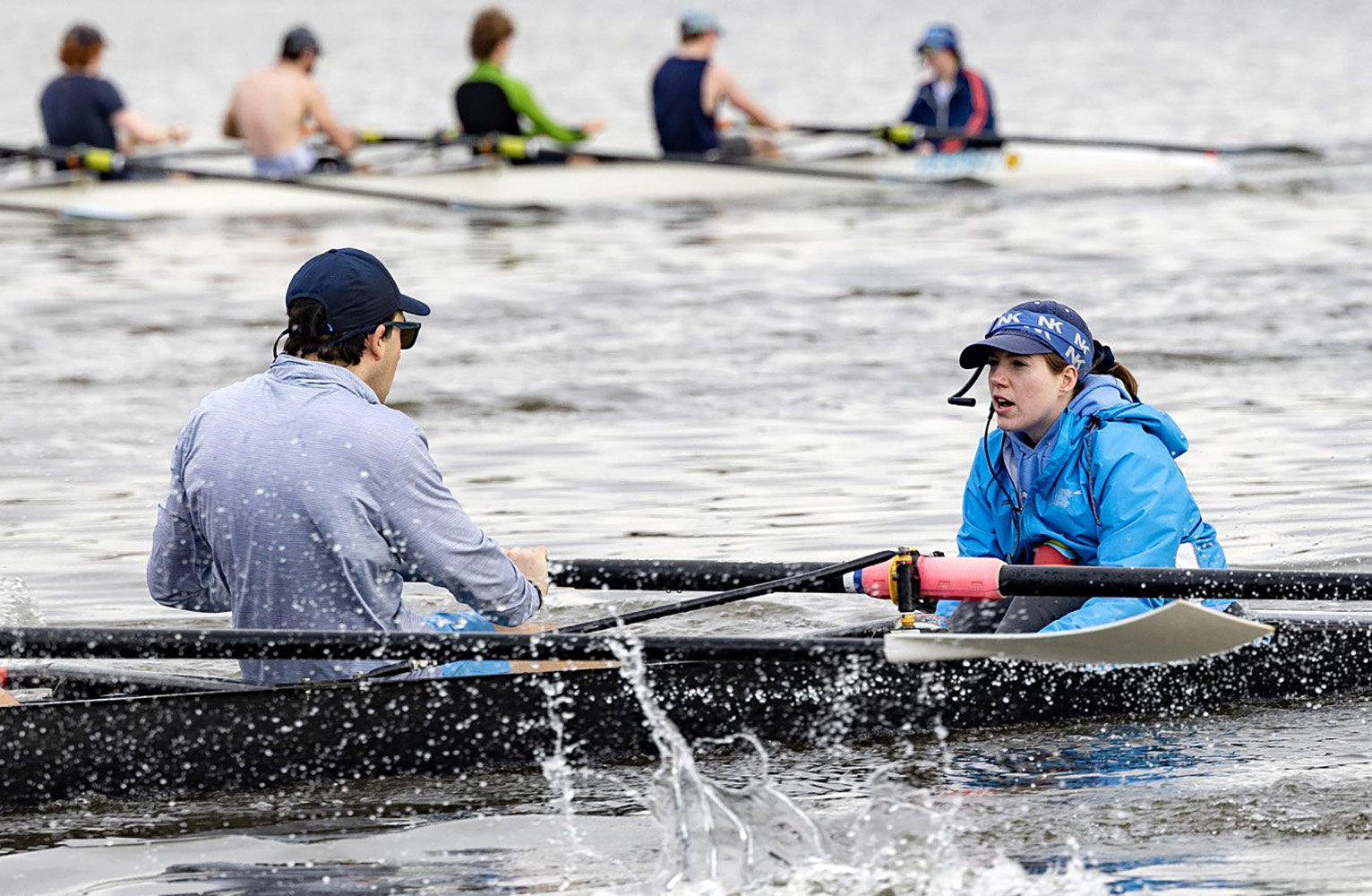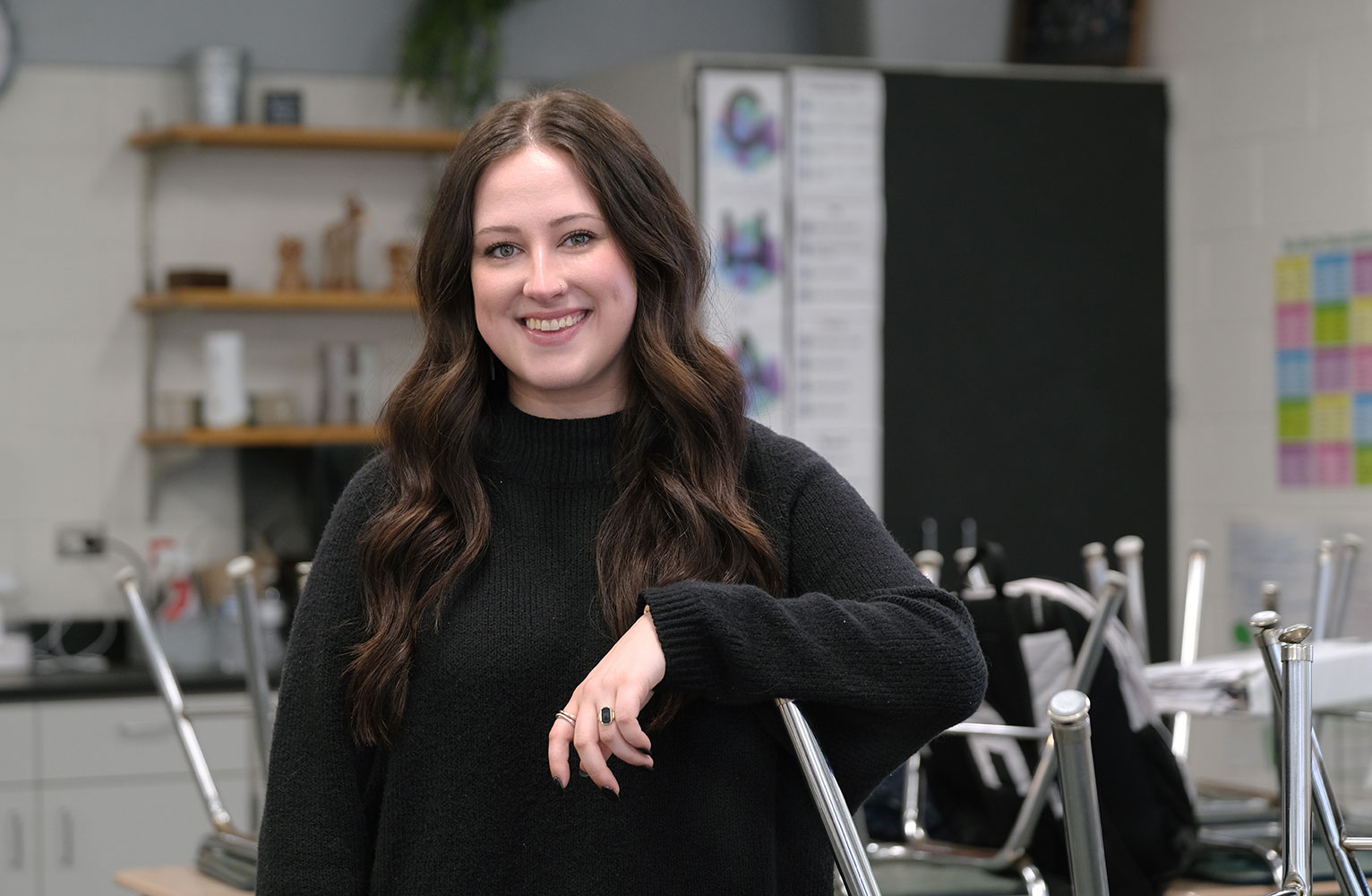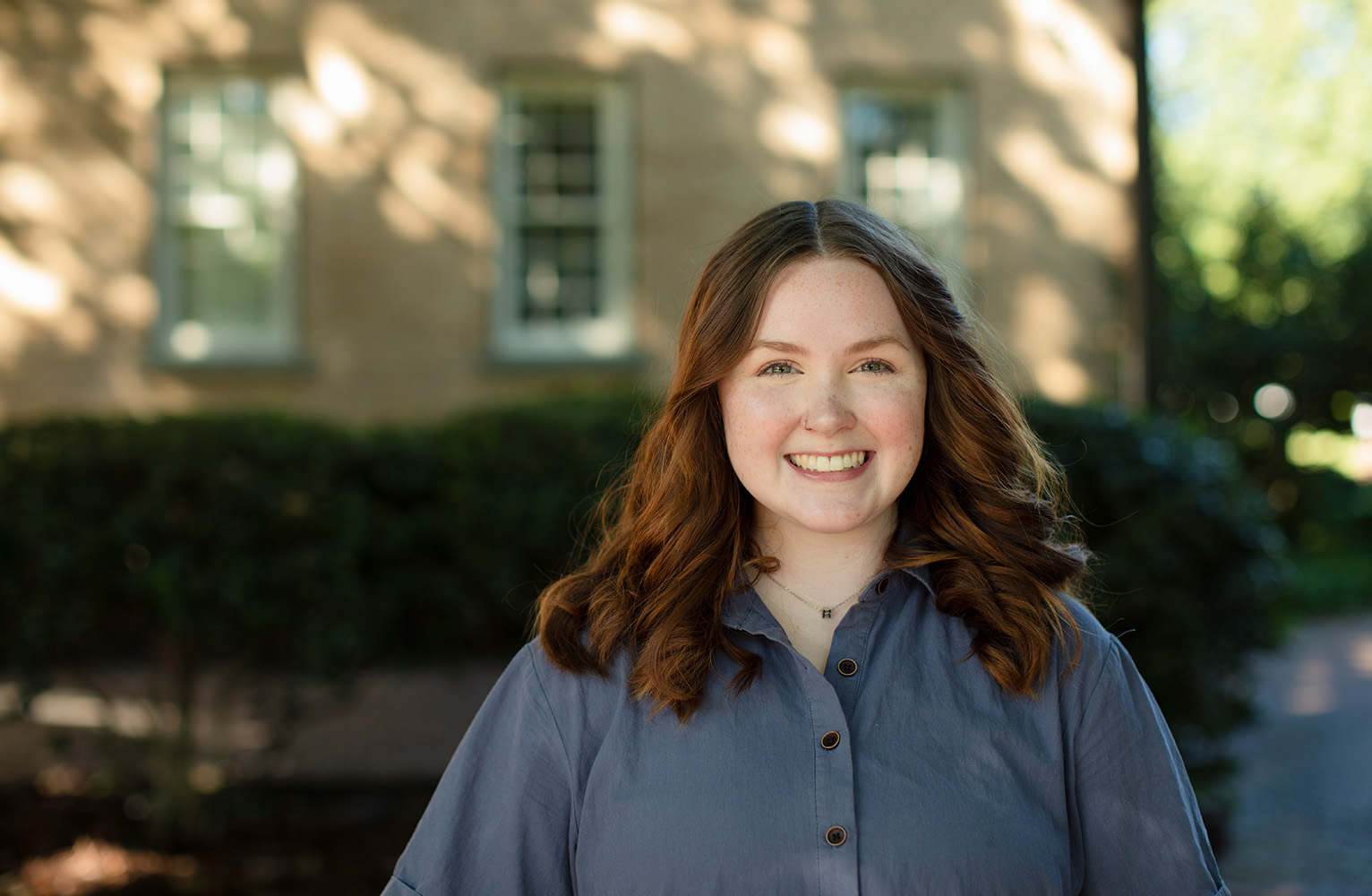
Morehead-Cain Scholar Malik Jabati ’19 came to Carolina wanting to solve problems.
He declared his major as computer science, learning skills in programming. He was creating products that solved micro-level problems.
Then he took ECON 101 with Rita Balaban, and a new world of problems to solve presented itself to him.
“It’s difficult to untangle and discern what’s happening [in economics],” said Jabati, who quickly added economics as a second major. “I really liked the process of trying to understand. It became clear that nobody has the answers.”
But his economics classes left him with more questions so he took a political science course. He studied comparative politics with Andrew Reynolds, understanding how electoral systems work, to bridge the gap between economics and politics.
In his journey to understand how to problem solve, he also took courses in philosophy, and stumbled into the Philosophy, Politics and Economics Program, which offers a minor that enables students to cross the borders of key academic disciplines. To earn the minor, students take a gateway course and a capstone course, along with other courses specific to the three disciplines.
Jabati has since studied business ethics with Brookes Brown and liberal democracies with Alexandra Oprea as part of the program. The rigorous, open discussions in those classes have helped him to more fully approach complicated problems, considering many facets of a particular issue.
But it’s the program’s weekly reading groups that have really challenged Jabati. Often meeting at a local Chinese restaurant, discussions engage students with readings that include the Federalist Papers and writings by John Locke.
“The critical thinking skills I’ve developed have been because of these discussions with my fellow classmates,” he said.
Those classmates study in a variety of fields. Some are pursuing degrees in the hard sciences with plans to go to medical school. Others plan to attend law school. Some only study philosophy. That variety speaks to the popularity of an academic minor program that has grown every year since its launch in 2005.
Jabati calls it “the most intellectually stimulating environment” he’s been in at Carolina. He also called it one of the most “practical” programs he was part of here.
And the skills Jabati has taken from the program have already paid dividends. An internship at the Obama Foundation illuminated the fact that the organization striving for social change is asking many of the same questions he’s asking, approaching answers in the way he is approaching them and weighing the cost and benefit of decision-making.
A summer internship at McKinsey provided him an opportunity to explore potential ways to introduce self-driving cars to American cities and ways retain students and faculty members at universities. When he graduates in May 2019, he will go to work for McKinsey in Washington, D.C., hoping to address big issues that will affect the country and world in the years ahead.
In 2018, the PPE program received a $3.75million gift from the John William Pope Foundation and a $3.4 million gift from the Charles Koch Foundation.
Related Stories




